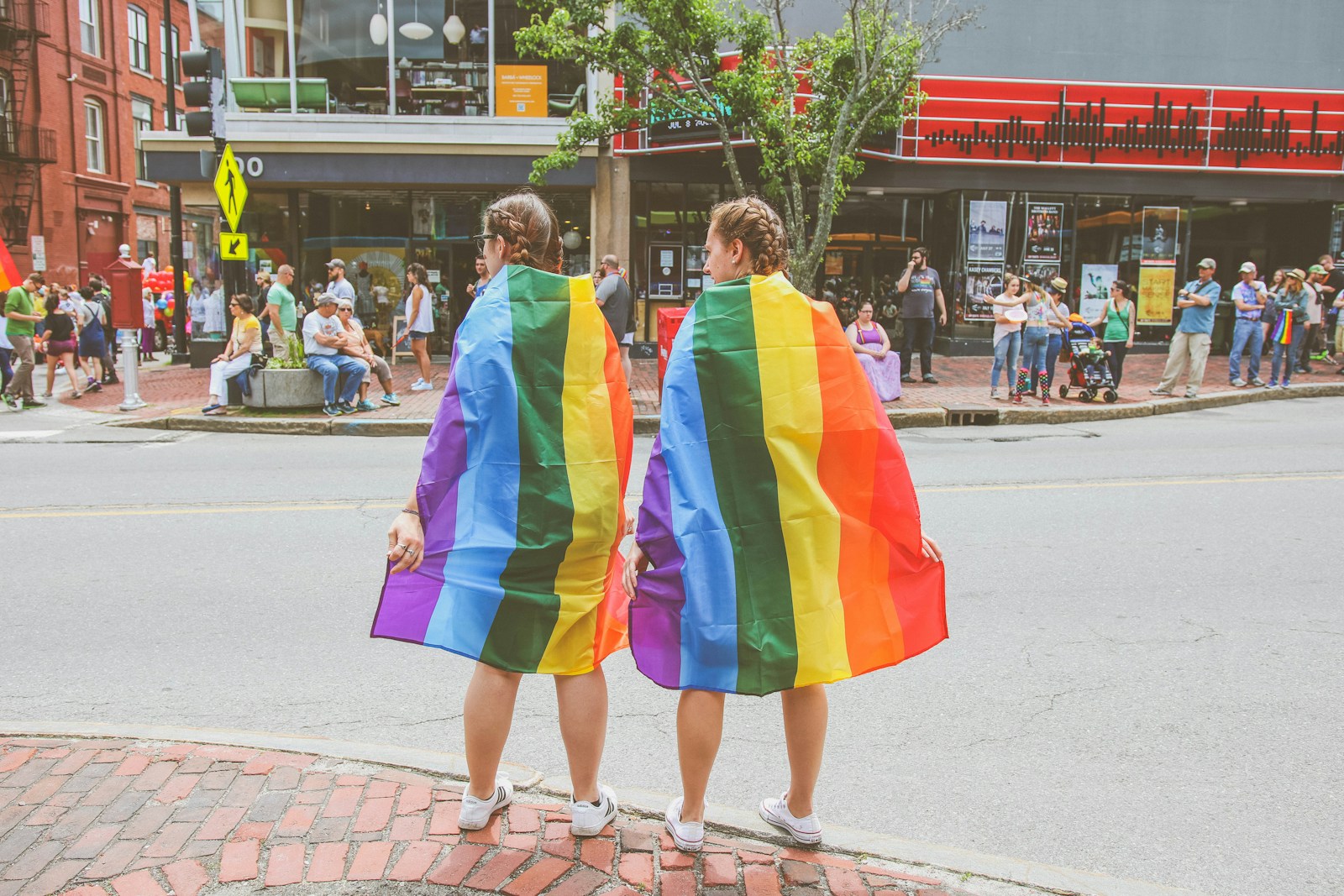Thousands of Michiganders took to the streets on June 14 in a powerful show of resistance, merging Pride celebrations and political protest in events that rejected authoritarian trends and upheld democratic ideals. Branded as “No Kings” protests—and in some cases “No Kings, Just Queens”—these demonstrations united communities statewide in solidarity with a nationwide movement.
In Ferndale, a vibrant crowd of roughly 4,000 gathered at a key intersection to make a queer-led stand, chanting slogans like “This is what democracy looks like” and waving rainbow flags. Thousands more flooded Detroit’s Clark Park, marching through the streets with signs calling for immigrant rights, civil liberties, and LGBTQ+ inclusion. Congresswoman Rashida Tlaib delivered remarks in both English and Spanish, asserting that fascism harms everyone, regardless of ZIP code.
Grand Rapids hosted a crowd that transcended political lines—a once reliably Republican area now displaying unified opposition to perceived authoritarian overreach. Kalamazoo, Battle Creek, South Haven and other West Michigan towns lowered barriers between Pride and protest movements, turning sidewalks into spirited platforms of resistance.
In Midland, the “No Kings, Just Queens” rally—hosted by the Women of Michigan Action Network and local Democrats—welcomed drag performers, family-friendly entertainment and speeches from high-profile figures including the state Attorney General and education board president. A backdrop of bounce houses and youth crafts emphasized the community’s intent to link joy with political defiance.
Smaller towns left their mark too. In Benzonia, around 500 residents voiced their concerns about militarization and political elitism, echoing the movement’s national themes. Across northern Michigan, cities like Traverse City saw around 7,000 join the charge, while Petoskey and Ann Arbor rallied thousands more.
Although most events remained peaceful, the backdrop of recent politically motivated shootings weighed heavily—a stark reminder woven throughout calls for gun safety and public accountability.
These Michigan demonstrations formed part of a coast-to-coast wave: over 2,100 events and an estimated 5 million participants nationwide rejected what organizers described as “king-like” leadership, particularly in response to a high-profile military parade in Washington and ongoing immigration enforcement actions.
As participants returned home, they carried a collective message: democratic defense must be grassroots, interwoven with culture, and driven by joy as much as defiance. For many, June 14 marked not just a single day of protest, but a resurgence of civic energy blending Pride, protest, and personal conviction in equal measure.
